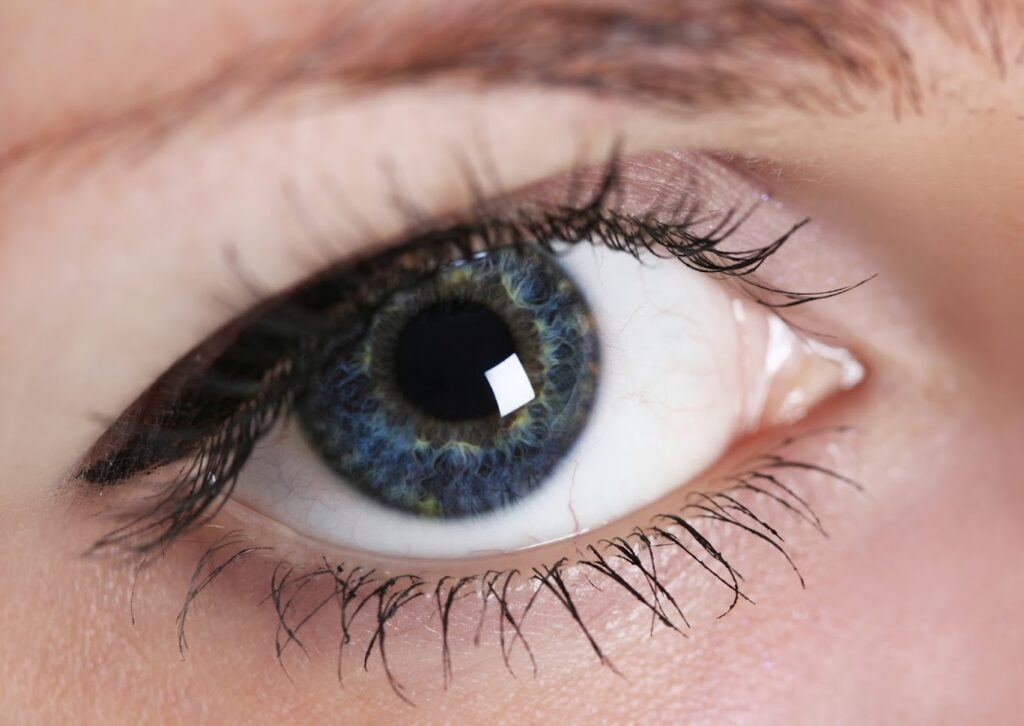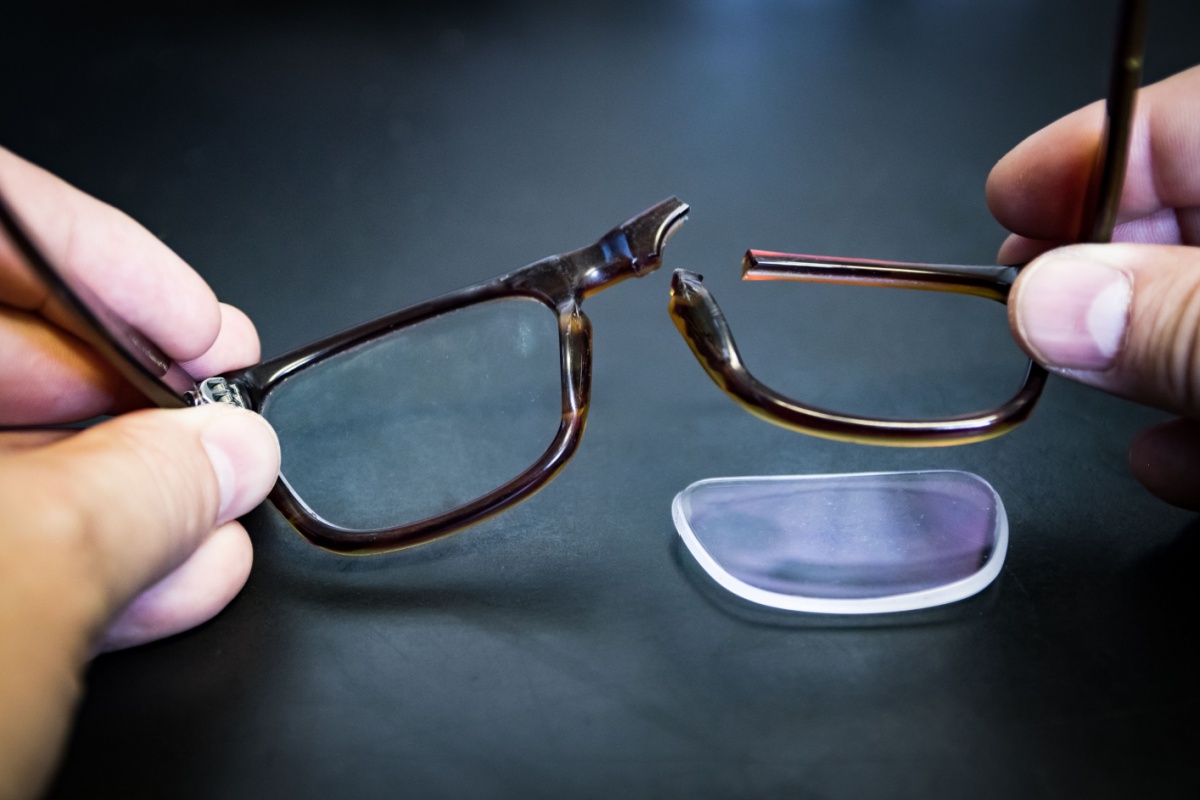Your eyes are not only the windows to your soul but also to your health. Many eye problems can be signs of underlying health conditions that need attention. Learn about some common eye problems and what they can reveal about your health.
Sudden Blurry Vision
If you experience an abrupt and dramatic loss of vision, it may be a sign of a problem with the blood flow to your eye or your brain. This could indicate a stroke, a transient ischemic attack (TIA), or a migraine headache. Immediate medical attention can prevent serious damage and may even save your life.
Bulging Eyes
If your eyes look unusually protruding or enlarged, you may have a condition called Graves’ disease. The condition can cause your thyroid gland to release too many hormones. This can affect your eye, face, and throat muscles and make it difficult to chew, swallow, or speak. It can also lead to double vision and loss of vision.
Blurred Vision
If your vision is blurry or fluctuates in clarity, especially at night, you may have diabetes. Diabetes causes high blood sugar levels that can harm the minute blood vessels of your retina, the light-sensitive layer at the back of your eye. The resulting condition, diabetic retinopathy, can cause blindness. Early detection and treatment can prevent or slow down vision loss.
Ring Around Your Cornea
If you notice a gray-white ring around the edge of your cornea, the clear dome that covers the front of your eye, you may have a condition called corneal arcus. This is from fat deposits in the cornea and is usually harmless in older people.
However, if you are under 50, it could be a sign of high cholesterol and triglycerides, which increase your risk of heart disease and stroke. A blood test can confirm your cholesterol and triglyceride levels. If they are high, you may need to make lifestyle changes or take medication.
Drooping Eyelids
If your eyelids are sagging or drooping, you may have a condition called ptosis, which can affect one or both eyes. This can be due to aging, injury, infection, nerve damage, or muscle weakness.
In some cases, it can be a symptom of myasthenia gravis, an autoimmune disorder that affects the communication between nerves and muscles. This disorder can also cause double vision, difficulty swallowing, and fatigue. Treatment options include medication, surgery, or blood filtering.
Yellow Whites of Your Eyes
If your skin and eyes look yellow, you may have jaundice, which indicates a problem with your liver. Jaundice is from high levels of bilirubin, a waste product produced when red blood cells break down.
When your liver is inflamed or damaged, it cannot process bilirubin properly, and it builds up in your body. This can be due to infection, cancer, alcohol abuse, or other liver diseases. Treatment depends on the cause and severity of the liver problem and may include medication, surgery, or a liver transplant.
Eye Twitches
If your eyelid twitches involuntarily, you may have blepharospasm, which is usually harmless and temporary. It can be triggered by stress, fatigue, caffeine, alcohol, smoking, or dry eyes.
To relieve the twitching, you can try blinking more often, using artificial tears, reducing caffeine intake, getting enough sleep, or applying a warm compress to your eye. In rare cases, eye twitching can be a sign of a neurological disorder such as multiple sclerosis or Parkinson’s disease.
Your eyes can reveal a lot about your health. That’s why it’s important to get regular eye exams. If you notice any changes in your eyes or vision, contact 20/20 Eyeglass Superstore. Our in-store optometrist can examine your eyes and help you see clearly.



